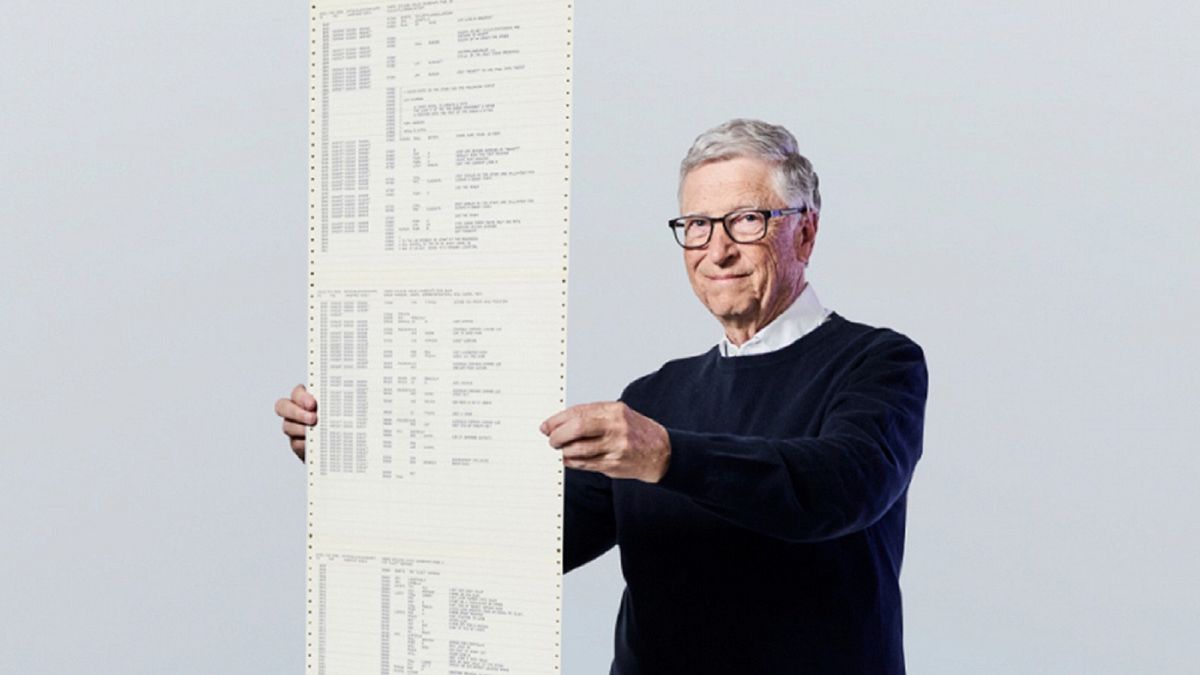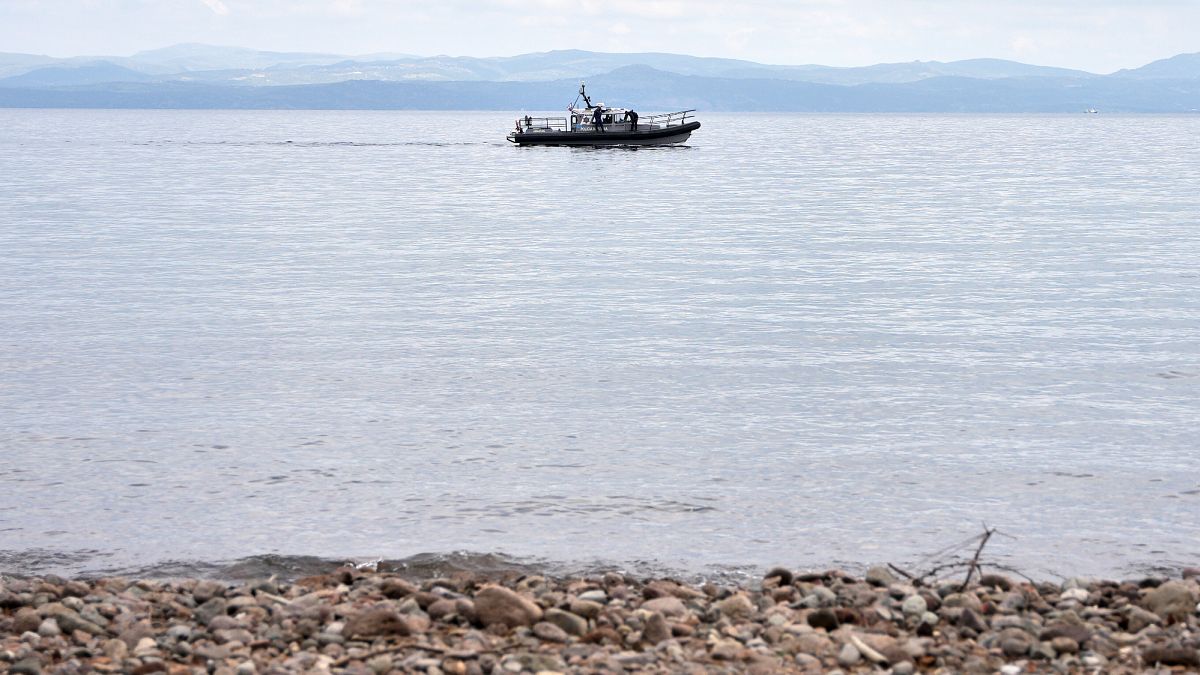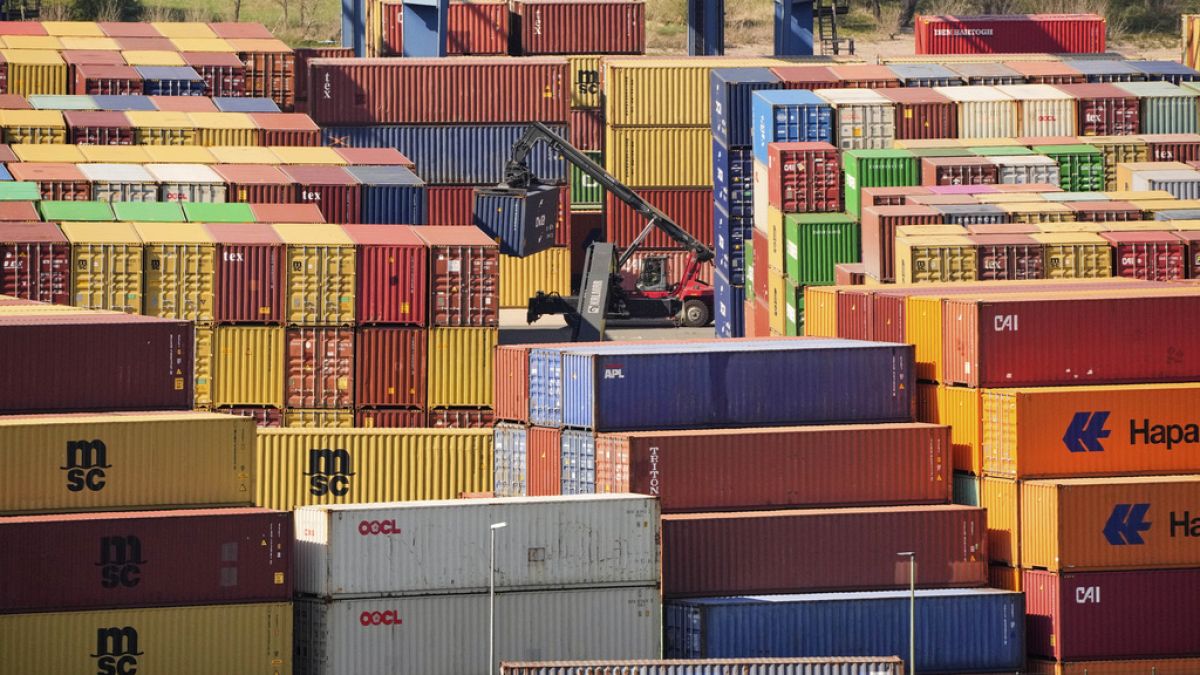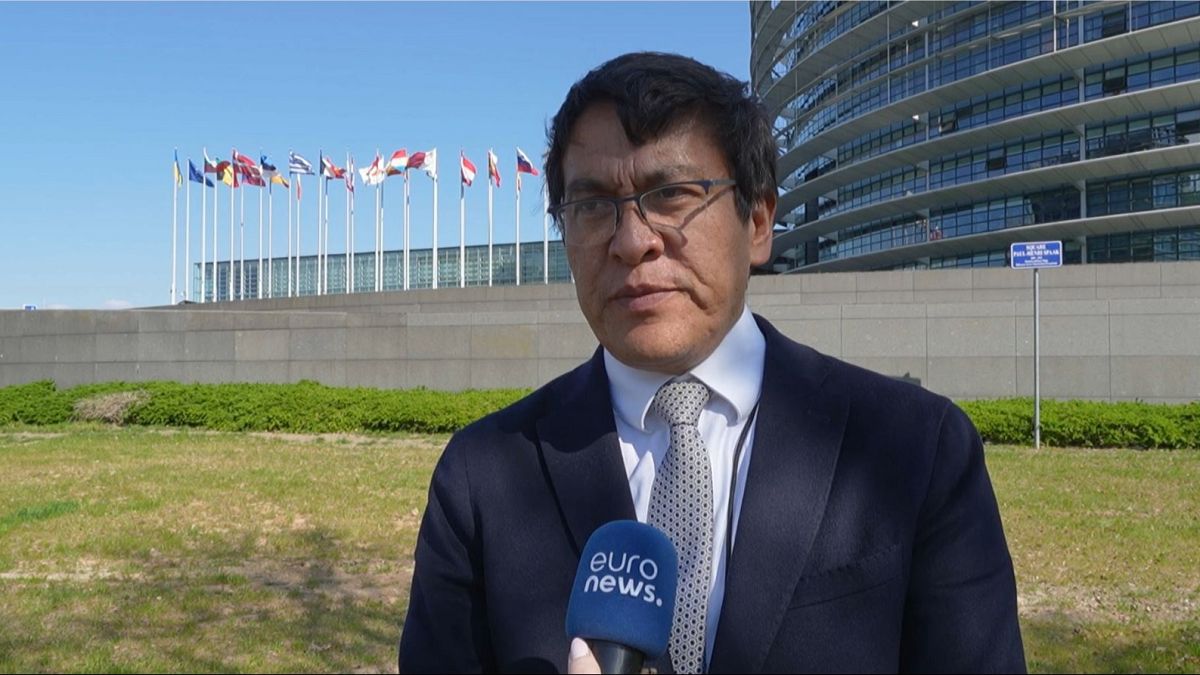Australia's communications minister has introduced a new bill to ban social media for minors under the age of 16. Will other countries follow suit?
Australia's government has introduced a new bill that would ban children 16 and under from using social media as part of the country's efforts to keep people safe online.
"For too many young Australians, social media can be harmful," communications minister Michelle Rowland, said in a speech to parliament.
"Almost two-thirds of 14- to 17-year-old Australians have viewed extremely harmful content online, including drug abuse, suicide or self-harm, as well as violent material," she said.
"A quarter have been exposed to content promoting unsafe eating habits".
The legislation will apply to "age-restricted social media platforms" - a term introduced in the law - with the communications minister saying that at a minimum it would include the likes of TikTok, Facebook, Snapchat, Reddit, Instagram, and X (formerly Twitter).
"These services will be required to take reasonable steps to prevent persons under 16 years of age from creating or holding an account," Rowland added.
Research from Australia's independent regulator for online safety found nearly half of 8- to 12-year-olds are using short-form video apps like Snapchat and TikTok while more than a third have used messaging apps.
The regulator also said a large majority of caregivers find online safety to be one of their toughest parenting challenges.
"This is a landmark reform. We know some kids will find workarounds, but we're sending a message to social media companies to clean up their act," Australian Prime Minister Anthony Albanese said in a statement.
The minimum age limit will start at least a year after the legislation is passed, which will allow time for social media platforms to develop the required systems, the Australian government said.
What other countries are working on protecting children from social media?
Many countries are also interested in larger protections for minors online.
The United Kingdom's Online Safety Act, which is in the process of being implemented by the regulator, requires social media companies to enforce age limits.
"Companies can no longer say their service is for users above a certain age in their terms of service and do nothing to prevent younger children accessing it," the UK government said.
A 2023 French law requires social platforms to seek parental consent from minors under the age of 15 before they can create an account but it has not yet been implemented for technical reasons.
French president Emmanuel Macron has called for a wider European digital age of majority as well.
Norway's government said last month that it wants minors to be at least age 15 to consent to social media sites processing their data.
The government aims to have a social media age limit as well and is working out how to implement one.
Many social media platforms such as Facebook, Snapchat, and TikTok already have an age limit of 13 to sign up for the platform.
Instagram also recently announced a series of changes including "teen accounts" for users under 18.
In European Union countries, the General Data Protection Regulation (GDPR) requires parental consent for the processing of personal data for minors under the age of 16 though states can provide a lower age limit as long as it is at least 13.
The Digital Services Act (DSA), meanwhile, requires online platforms with more than 45 million monthly users in the EU to identify and assess possible online risks for children and young people using them.

 4 months ago
40
4 months ago
40






 We deliver critical software at unparalleled value and speed to help your business thrive
We deliver critical software at unparalleled value and speed to help your business thrive






 English (US) ·
English (US) ·